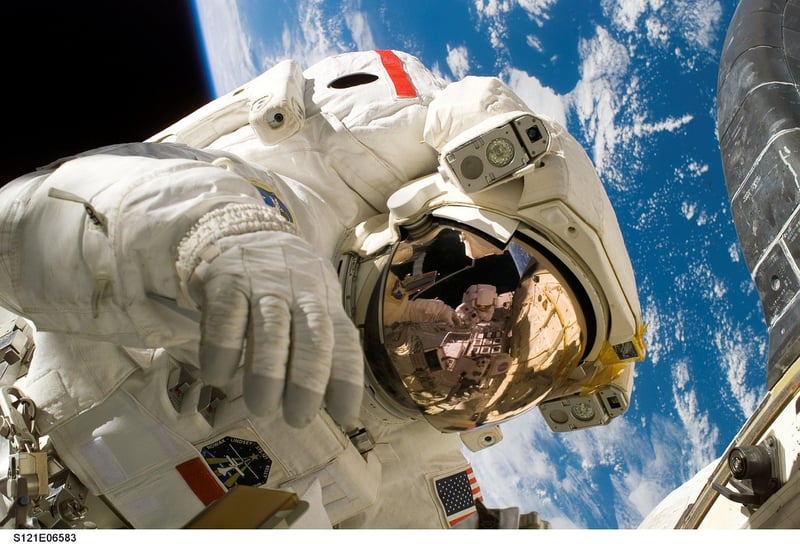Health in Space
Adapting to Life in Space: Maintaining Health and Well-being

Space exploration has always fascinated humanity, and as we venture further into the cosmos, the need to understand how our bodies react to the challenges of space travel becomes increasingly important. Astronauts who spend extended periods in space face unique physical and mental health challenges that require careful consideration and adaptation.
Physical Challenges in Space
Living in microgravity poses various challenges to the human body. Muscles and bones can weaken due to the lack of gravity, leading to muscle atrophy and bone loss. Astronauts may also experience fluid shifts, cardiovascular deconditioning, and changes in their immune systems. To counteract these effects, astronauts engage in regular exercise routines and follow specialized diets to maintain their health.
Mental Well-being in Space
Isolation, confinement, and the demands of space missions can impact astronauts' mental health. To combat feelings of loneliness and stress, maintaining regular communication with loved ones on Earth, engaging in recreational activities, and participating in team-building exercises are crucial. Additionally, astronauts receive psychological support from professionals both on Earth and aboard the spacecraft.
Healthcare in Space
Space missions require robust healthcare systems to address medical emergencies and routine care. Astronauts undergo extensive training in medical procedures to handle emergencies. Telemedicine enables real-time consultations with healthcare professionals on Earth, and spacecraft are equipped with medical supplies and equipment to address common health issues that may arise during missions.
Adapting to Space Life
- Exercise: Astronauts follow strict exercise regimens to counteract muscle and bone loss.
- Nutrition: Specialized diets rich in nutrients help astronauts maintain their health in space.
- Psychological Support: Regular communication and mental health resources are essential for astronauts' well-being.
- Medical Training: Astronauts receive medical training to address health issues in space.
By understanding the unique challenges of space travel and implementing strategies to maintain physical and mental well-being, astronauts can adapt to the demands of space life and continue exploring the universe beyond our planet.
